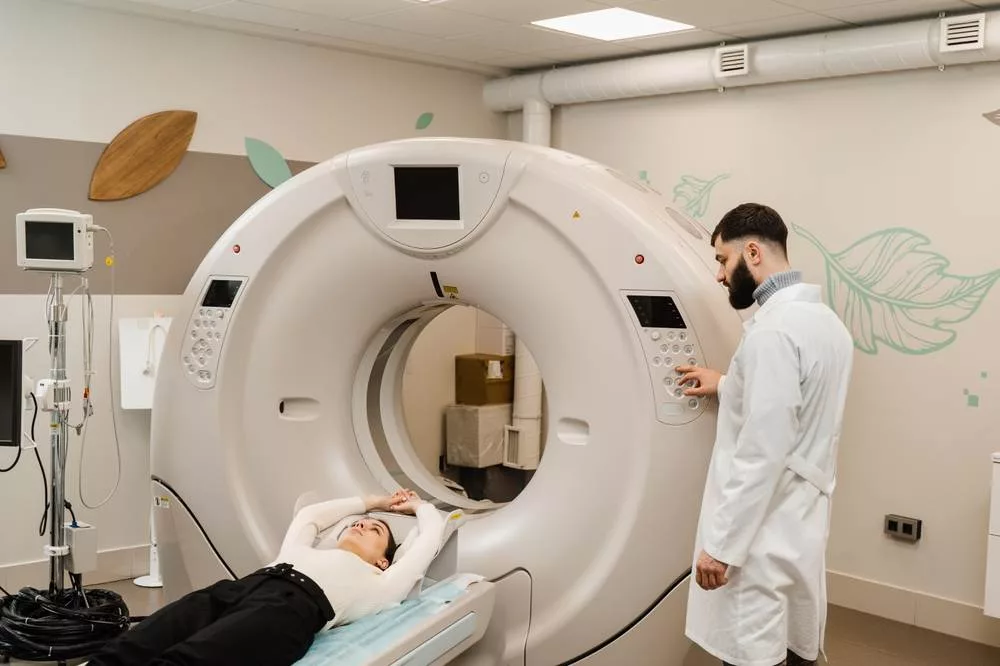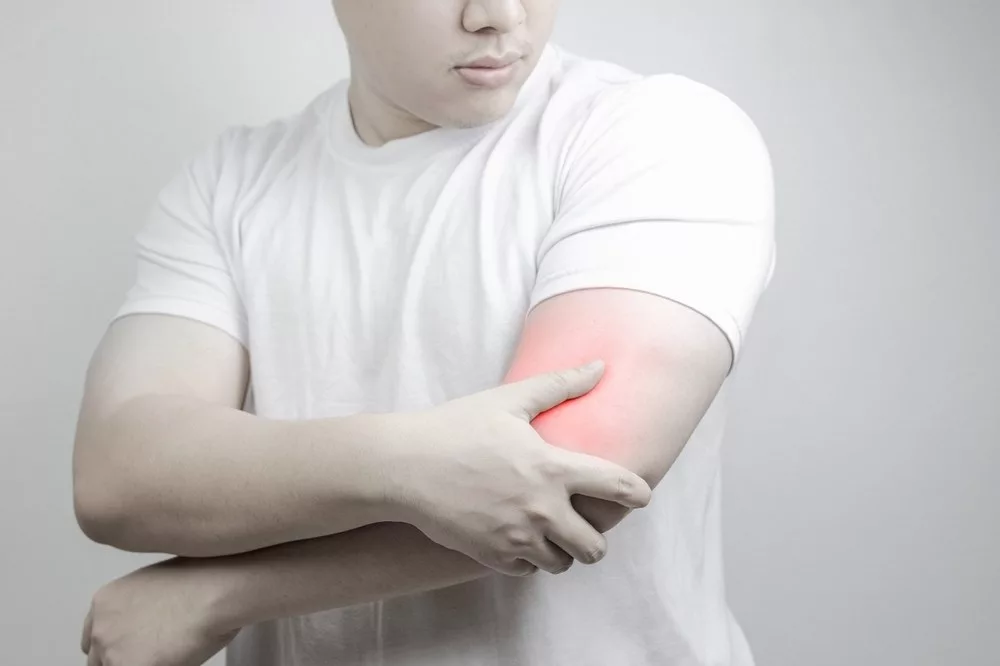Many people tend to associate nerve damage with health conditions like diabetes. However, you can also experience nerve damage after a car accident. A variety of delayed car accident injuries can result in nerve damage, especially injuries to the extremities. Arms, hands, and feet are common areas for nerve damage to occur. When you’ve been injured in a car accident and have nerve damage, the nerves no longer receive signals from the brain to transmit messages like sensations. While some partially damaged nerves can sometimes heal themselves, other times, nerve damage requires more medical treatment and intervention. Learn more about the warning signs of nerve damage and what your next steps should be after a car accident.
How to Tell If You Have Nerve Damage After an Accident
In the aftermath of a car accident, you may not experience pain and other symptoms of an injury right away. The shock and adrenaline can prevent you from fully feeling pain or recognizing an injury. Nerve damage can also come with delayed symptoms after an injury. The severity of the injury will also impact what type of symptoms you experience. Here are some examples of nerve damage symptoms from a car accident injury:
Symptoms of Nerve Damage
Nerve damage is typically worse in the part of the body that was injured, though it can also radiate into other parts of the body. The following are 3 main symptoms of nerve damage from an injury.
Pain
Nerve damage can cause sharp, stabbing pain that may radiate into other parts of the body. For example, a car accident injury to your arm could result in sharp, stabbing pain that radiates into your hand and fingers. You could also experience pain that feels like a buzzing sensation or like you have been shocked.
Tingling & Numbness
Nerve damage also results in tingling and numbness in the area and elsewhere in the body. If you have nerve damage from a car accident injury like whiplash that affects the neck, you could experience tingling and numbness sensations in your shoulders, arms, and hands.
Muscle Weakness
Another sign of nerve damage is muscle weakness, especially in the arms and legs. Nerve damage from a car accident injury can cause you to lose strong and dexterous functioning in your extremities. For example, you may find that you regularly drop objects that you are holding. Talk to your doctor if you notice signs of nerve damage, including loss of motor abilities.
Types of Nerve Damaged Caused by Vehicular Accidents
Nerve damage can be categorized into three different types of damage depending on the severity of the nerve injuries. The three main types of nerve damage include neuropraxia, axonotmesis, and neurotmesis.
Neurapraxia
Neurapraxia is the most common type of nerve damage and can occur when a nerve becomes compressed. A compressed or pinched nerve can result in limited blood supply to the nerves. Common car accident injuries like whiplash or a herniated disc can result in a pinched nerve and neurapraxia. Neurapraxia is also considered the mild, first-degree form of nerve damage.
Axonotmesis
Axonotmesis is a type of nerve damage where the nerves become crushed. In a car accident, the sudden or violent impact on one or more parts of the body could result in crushing damage to nerves. Axonotmesis nerve damage can be treated, and a full recovery may be possible, though it could also result in permanent nerve damage.
Neurotmesis
Neurotmesis is nerve damage caused by either severe crushing of the nerves or a laceration of the nerves. This is the most severe type of nerve damage, and full recovery can be difficult to achieve. Neurotmesis nerve damage includes a complete disruption of the nerve’s ability to send and receive messages to and from the brain.
How to Diagnose and Treat Nerve Damage

All types of nerve damage require a thorough diagnosis and treatment plan to address your symptoms as well as the root cause of the problem. You will need medical attention to determine a diagnosis of nerve damage and the severity to get started on a proper course of treatment.
Diagnosing Nerve Damage
To diagnose nerve damage, your car accident doctor will likely perform a physical examination and run a series of tests. Diagnostic imaging tools like CT scans or an MRI can provide a more detailed look at the injury site and identify the cause of nerve damage. Nerve conduction tests can also pinpoint the exact location of a damaged nerve to identify where the electrical signal stops. Neurological tools can measure how the nerve responds to stimuli and identify electrical activity.
Treatment Options
Treatment for nerve damage will depend on the type and severity of your injuries. Some nerve damage may heal on its own, while other types will require additional support from your car accident doctor. For mild symptoms, your doctor may recommend resting the area and avoiding activities that may aggravate your symptoms. Many people who experience mild nerve damage will be able to recover with conservative, non-invasive treatments. Chiropractic care offers an all-natural and non-invasive approach to treating a variety of car accident injuries, including whiplash, herniated discs, and nerve damage. For more severe cases of nerve damage, you may require physical therapy and pain management.
Start Nerve Damage Treatment at Affordable Chiropractic Killeen
Visit our team of car accident chiropractors at Affordable Chiropractic Killeen for comprehensive care for your injuries. We offer nerve damage treatment with trusted chiropractors who specialize in these types of injuries and conditions. Our chiropractors will identify the root cause of your pain and help prevent further instances with quality treatment approaches designed with your specific symptoms and health in mind.

